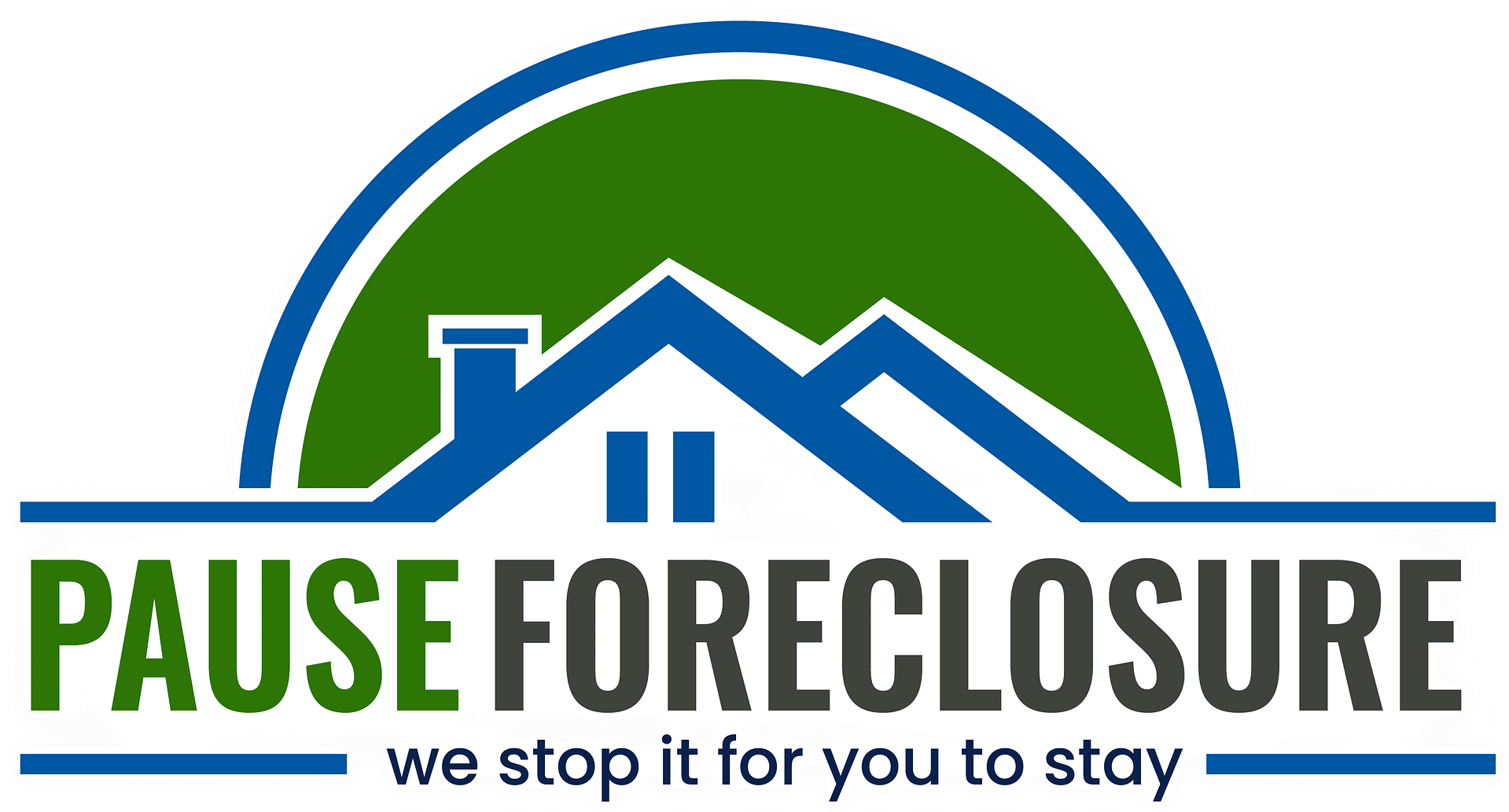Introduction
Foreclosure is a daunting prospect for any homeowner. The fear of losing one’s home, the stress of mounting financial pressures, and the potential long-term impact on credit can be overwhelming. However, there is a potential lifeline that many might not be fully aware of: pausing foreclosure. This blog aims to shed light on what pausing foreclosure entails, the benefits it offers, and how homeowners can navigate this process to safeguard their homes.
What Does Pausing Foreclosure Mean?
Pausing foreclosure, often referred to as a foreclosure moratorium or stay, is a temporary halt on the foreclosure process. This can be initiated by government mandates, court orders, or agreements between the lender and borrower. The pause can provide homeowners with much-needed time to regroup, seek assistance, and explore alternatives to losing their homes.
Benefits of Pausing Foreclosure
- Time to Seek Financial Assistance:
- Homeowners can use this period to seek financial aid or negotiate with creditors.
- Programs such as mortgage relief funds or government grants can be explored.
- Opportunity to Modify Loans:
- Lenders may offer loan modifications, such as adjusting interest rates or extending the loan term.
- These modifications can make mortgage payments more affordable.
- Chance to Sell the Property:
- Homeowners can use the extra time to sell their property and avoid foreclosure.
- This can help them get a better market value and possibly settle the outstanding mortgage.
- Avoiding Eviction:
- A pause in foreclosure proceedings can prevent immediate eviction, allowing families to stay in their homes longer.
- This is especially crucial for families with children or elderly members.
- Reducing Legal and Administrative Costs:
- Halting the foreclosure process can reduce the legal and administrative costs associated with it.
- This can be beneficial for both the homeowner and the lender.
How to Request a Pause in Foreclosure
- Contact Your Lender:
- Reach out to your lender to discuss your financial situation.
- Request information about available foreclosure prevention programs.
- Seek Legal Advice:
- Consult with a foreclosure attorney to understand your rights and options.
- An attorney can help negotiate terms with your lender or represent you in court.
- Explore Government Programs:
- Investigate federal, state, and local programs designed to assist homeowners facing foreclosure.
- Programs like the Home Affordable Modification Program (HAMP) can offer support.
- File for Bankruptcy:
- In some cases, filing for bankruptcy can temporarily halt foreclosure proceedings.
- This option should be considered carefully and discussed with a financial advisor or attorney.
Government Initiatives and Support
Governments often step in to protect homeowners during economic downturns or crises, such as the COVID-19 pandemic. Measures like the CARES Act provided mortgage forbearance options for federally backed loans, helping millions of homeowners avoid foreclosure.
Conclusion
Pausing foreclosure can be a critical step for homeowners facing financial hardship. It offers a temporary reprieve, giving individuals the chance to explore alternatives, seek assistance, and ultimately find a way to keep their homes. If you or someone you know is facing foreclosure, understanding and leveraging the option to pause the process can make a significant difference.
Remember, you are not alone in this journey. There are resources, professionals, and programs available to help you navigate these challenging times and work towards a solution that best fits your needs.

